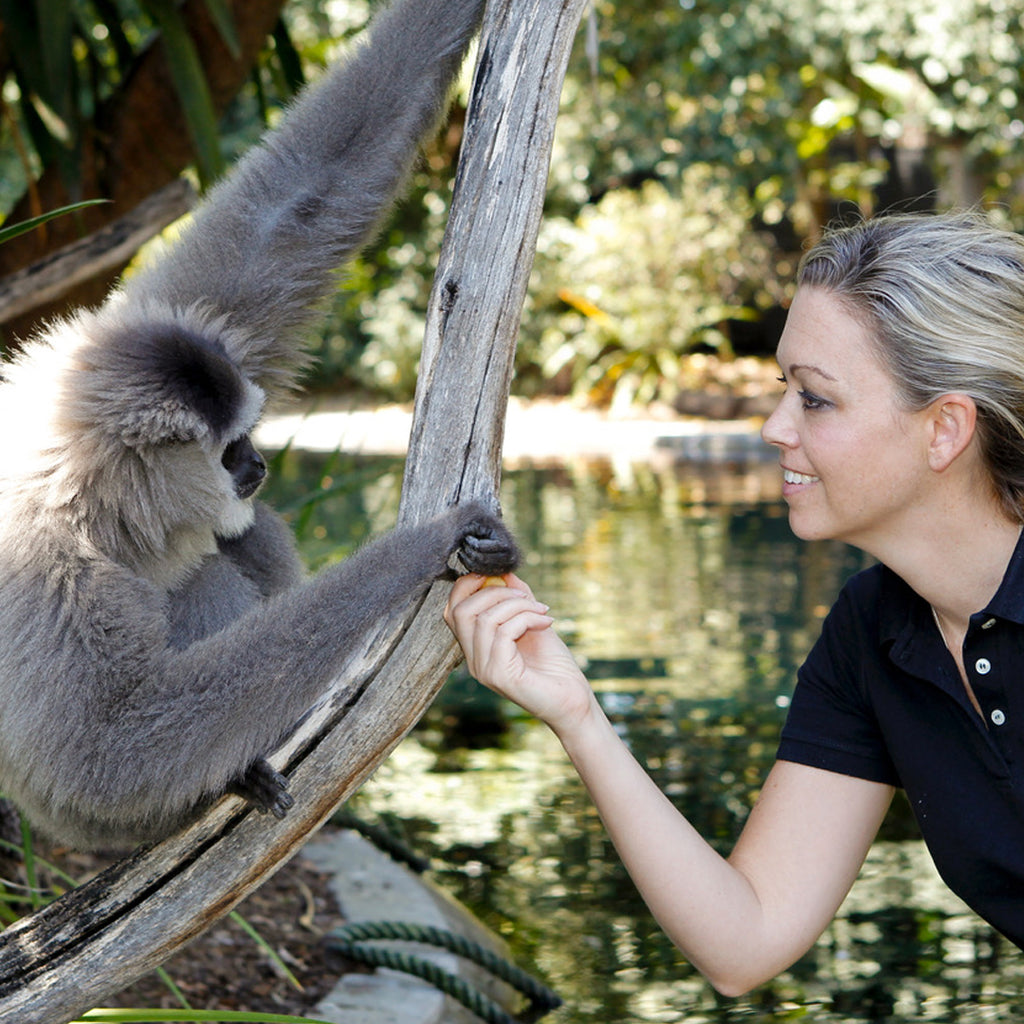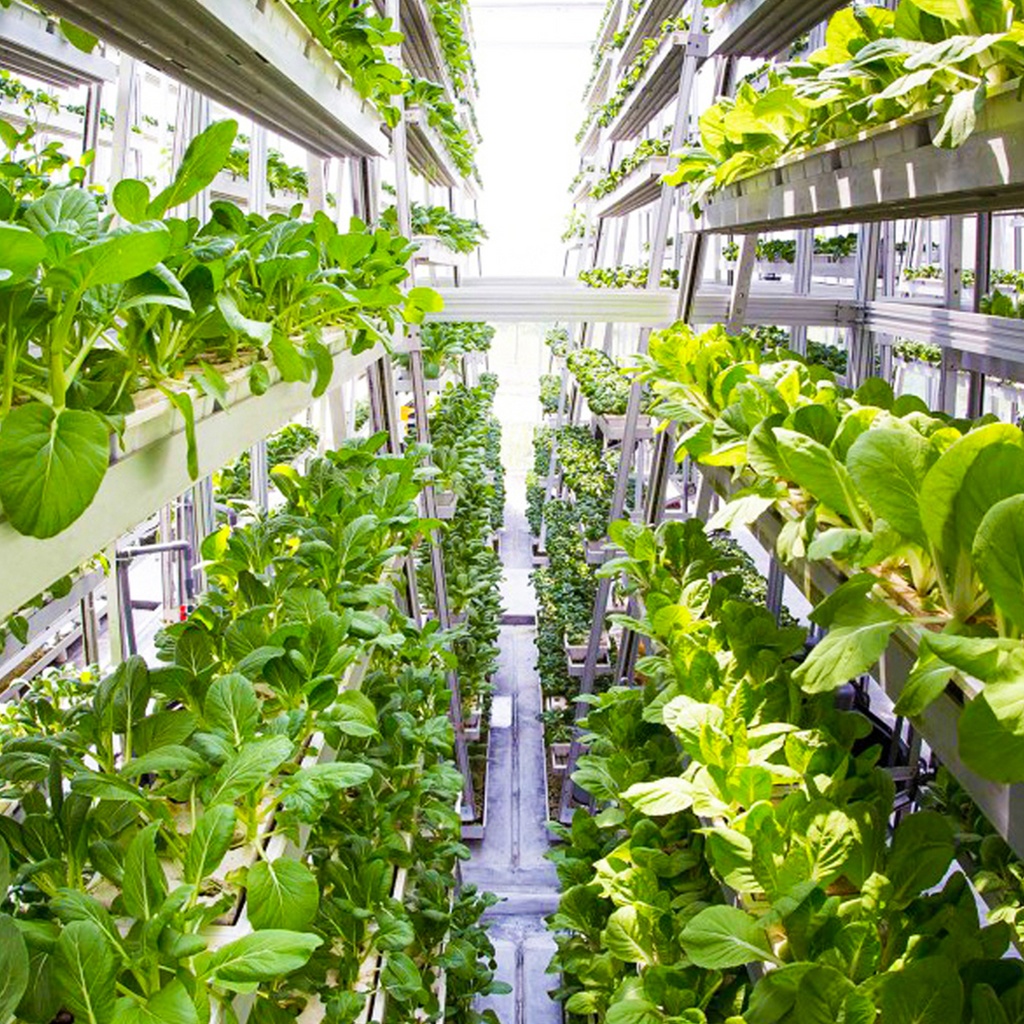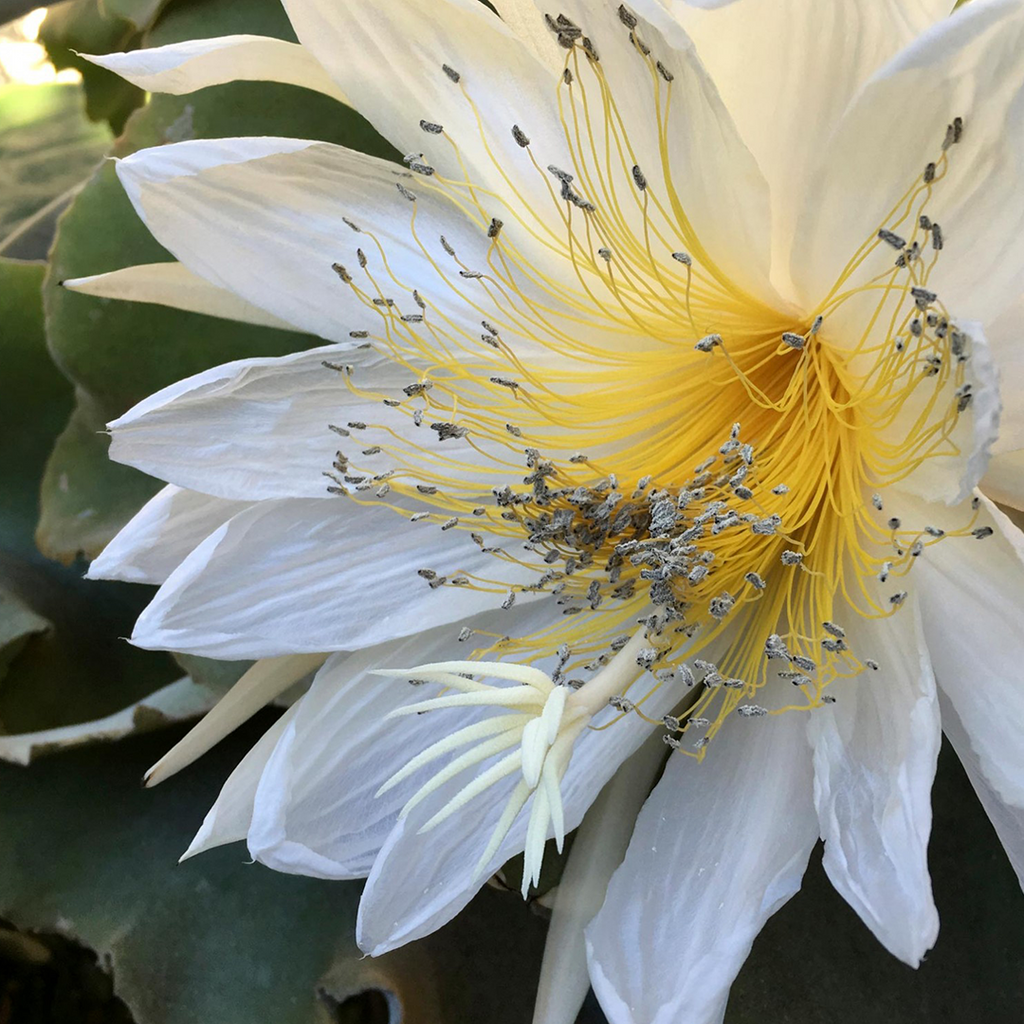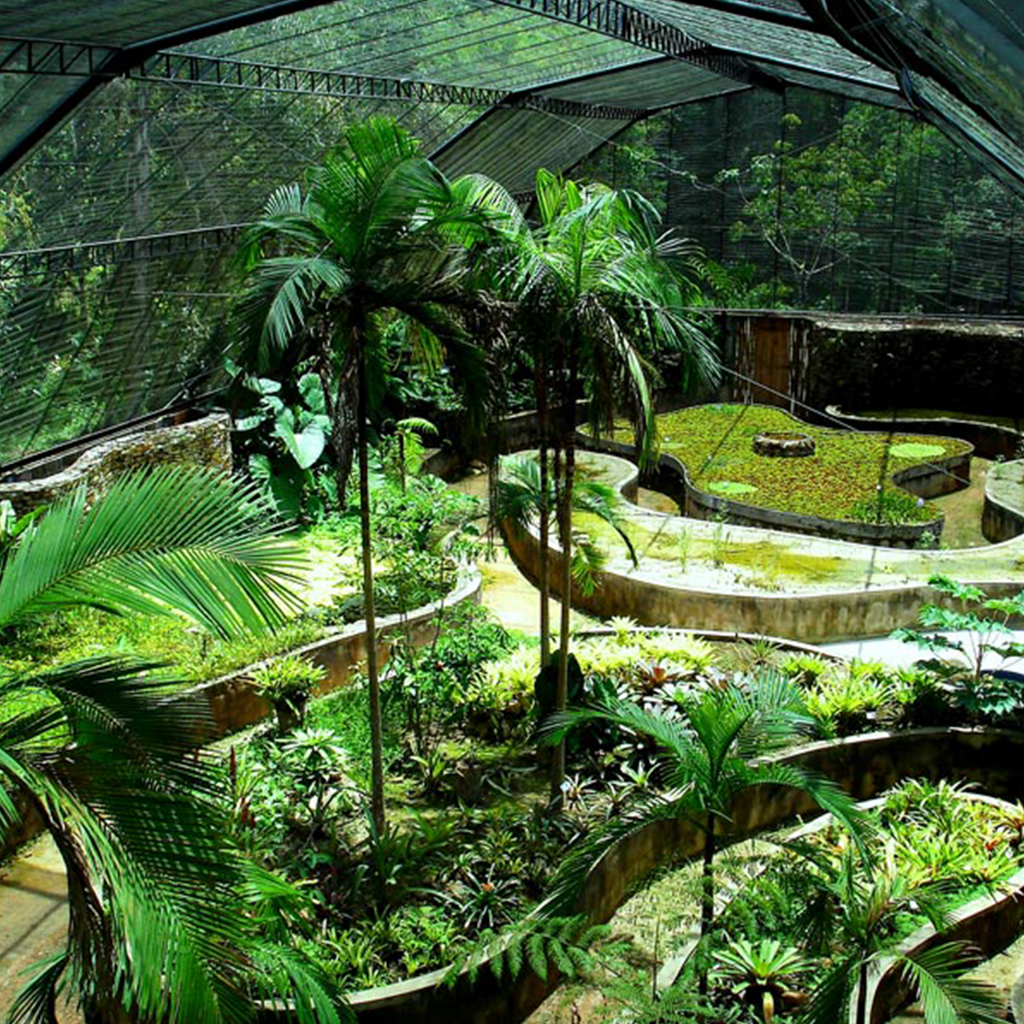New Roots – the awarded vegan cheese factory.
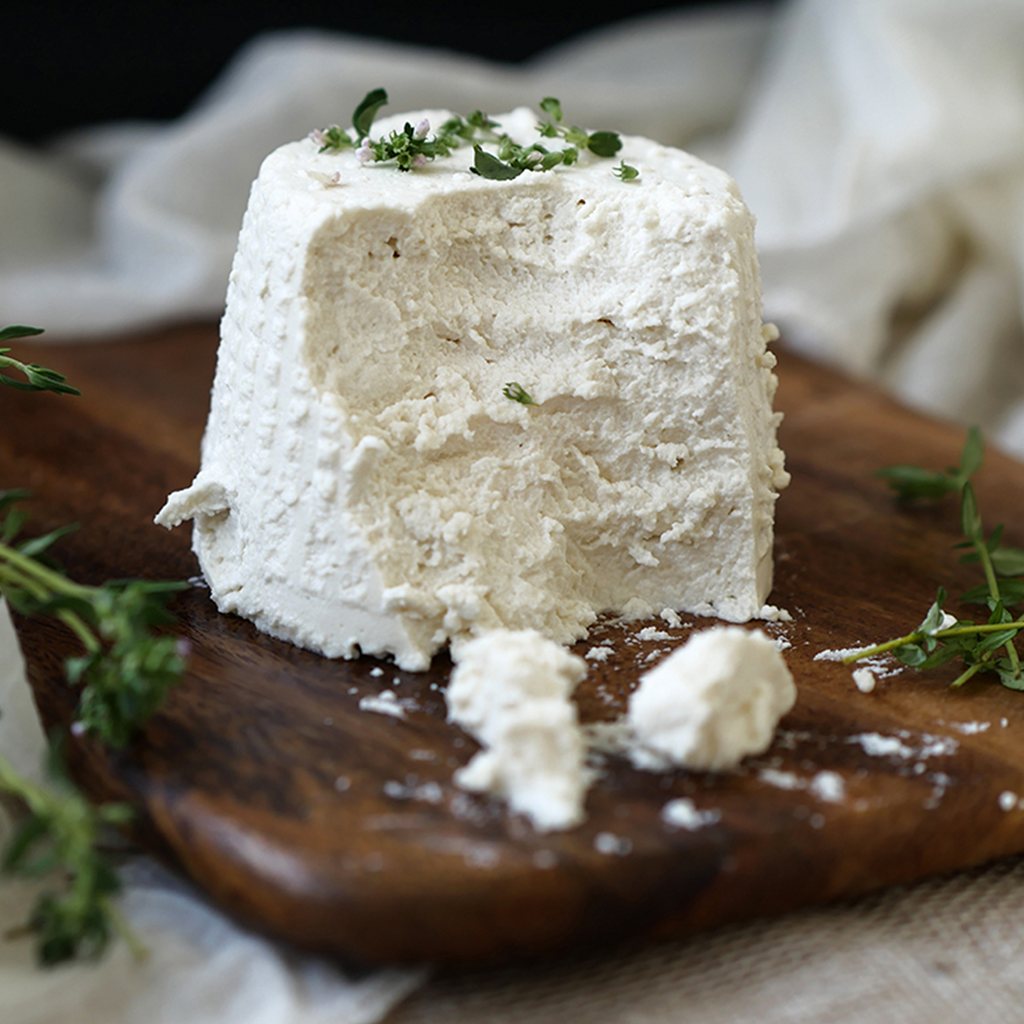
The absolute hardest thing to find as a vegan is really good cheese. If you live in Switzerland you're therefore in luck: New Roots won the Swiss Vegan Awards 2017 Best in Category Food with their famous Camembert.
You have your own ”cheese-factory” i.e. your own production? Exactly how much work was it for you to get the production started, did you make any mistakes in the beginning that you learned from, if so do you want to share? "Yes! We now have a 500m2 facility in the center of Thun, in the Bernese Oberland. We started with making cheese in a room in our farmhouse, then moved to a 50m2 kitchen facility before realising we had to take the next step if we wanted to keep up with the ever-growing demand.
I’m not going to lie, it was huge amounts of work! And none of us had any business background whatsoever. But thankfully, Freddy is very practical and I have more of a theoretical and conceptual approach to things, so we complement each other very well and don’t have a lot of overlap, which was a sound basis to get our cheese factory started.
And we are are lucky to have a team of motivated and forward-thinking people that are as passionate as we are and help us take New Roots to the next level! We couldn’t do it without them.
I think our biggest mistake was that we took too many small steps along the way, out of fear - fear of failure, fear of the unknown. We could’ve saved a lot of time, energy and money by scaling up more efficiently."

Where did you grow up - are you from families with great interest in food?
"I grew up in the south of France, on the Côte d’Azur. My mum always prepared fresh, homemade food, and she leaned towards cooking with local and organic ingredients. She passed this intimate relationship to food onto me, along with a very versatile approach to cooking : following a recipe or measuring ingredients was never a part of it. My business and life partner, Freddy, grew up here, in the Swiss mountains. Both his parents put a strong emphasis on vegetarian, organic, healthy food, and they all did a lot of experiments in the kitchen as he grew up.
I think it’s fair to say we both had an organic relationship with food when we met; so when we both went vegan for ethical reasons, the shift in the kitchen happened naturally."
 Photo: Robert Nakiewicz
Photo: Robert Nakiewicz
How did the love for cheese begin? When did you realize that this is what you wanted to dedicate your life to?
"Both Freddy and I loved cheese, before we went vegan. I’m French and he’s Swiss, so we grew up thinking that cows had to be milked and that it was natural for grown-up humans to drink baby cows food. When we started educating ourselves on animal rights and realised that cows had to be forcefully and repeatedly impregnated in order for humans to steal their babies’ milk, and when we accepted the broader idea that other species aren’t on earth to serve ours, we very quickly stopped consuming animal products. Back then, I was working in a raw vegan chocolate factory and my dream was to offer the two most traditional Swiss foods - chocolate and cheese - in a vegan version. Vegan chocolate already existed, so we had to work on vegan cheese!
Around the same time, Freddy got injured during a World Cup in bike racing downhill and had a lot of time in his hands and started experimenting in the kitchen with nut cheeses. That’s when we realised that vegan cheese didn’t pale in comparison with animal based-cheese. It very soon became a passion for both of us and a few months later, I quit my job to join him in this cheese venture!"
 Photo: Manuel Lopez
Photo: Manuel Lopez
Is it complicated to make cheese without what we all have learned cheese is based on, i.e. cow or sheep milk? How is it different? Is your goal to make your vegan cheese taste like a ”regular” cheese?
"What is complicated is mastering this ancestral cheese know-how in order to transpose it to plant-based milk.
From there, we basically work just like with “classic” cheese. We make our own cashew milk and follow traditional methods of fermentation and ripening, using the same probiotic cultures (we only use plant-based ones : a lot of cultures used in cheese come from plants), using the same machines and equipments, which we got from cheese factories that shut their doors. As an example, our ricotta´s light, airy texture is achieved by curdling our cashew milk in order to separate the liquid from the protein and fat content, exactly the way classic ricotta is made.
Our goal isn’t for our cheese to taste like “regular” cheese but to make the highest quality cheese, taking advantage of centuries of savoir faire with a twist of innovation in order to provide a delicious, ethical, sustainable, and healthy alternative to animal-based cheese."
Don't you think it's extreme to be a vegan?
"I think not being vegan is extreme. I understand we all grow up with the idea that a few other species (cows, pigs, chickens, horses,…) are on earth with the sole purpose of serving humans, and that it’s hard to break free of this societal construct. But once we do, we come to the realisation that this enormous amount of suffering is completely unnecessary, unethical, and unsustainable. I am very passionate about human rights and social justice issues and I see veganism as part of the same spectrum.
Oppression starts when we look at the body of someone else (human and non human) and think we own it or have power over it."
Where do you get your protein from?
"The idea that we can somehow lack protein is a myth. Unless you’re clearly undernourished, lacking protein is virtually impossible.
Think about it: the time in our life when we need protein the most is when we’re babies, our growing-up and learning curve being as strong as it will ever be, and what food allows us to do that? Our mother’s breast milk ! Which contains… only. 2% of protein. Humans don’t need more than 2-3% of protein a day, which you’ll reach without even having to think about it.
I lead a very active life and do a lot of sport, and I never give any thought to my protein intake : I am more concerned with avoiding processed food and eating foods as close to their natural state. Eating a varied diet of plant-based whole foods will provide you with all the nutrients, minerals and vitamins you need."

What are your thoughts on climate change? Have you seen any signs of climate change where you live?
"I think climate change says a lot about the way humans treat each other, and the way they treat themselves as well.
We cause gigantic amount of suffering and pollute our own habitat. No other animal would intentionally make their own environment inhabitable. It’s pure madness! We all need to take responsibility for our actions and do what’s necessary."
Do you have an upcoming project that you would like to tell us about?
"Our latest project is also our oldest project : spreading the vegan message by educating people on animal rights and providing a solution to the “can’t live without cheese” dilemma."
What makes you happy?
"Mountains!"
How many times have you heard: It won’t work (while building up your business)?
"Many times. But we also got a lot of support and encouragement.
If you’re thinking of starting your own business, there is a lot of value in other people’s advice, but at the end of the day, you have to trust your gut instinct and go for it!"
A Recipe from New Roots
Our different cheeses require specific machines, fermentation methods, ripening cells, etc, but you can make your own spread cheese very easily at home. All you need is a blender.
1. Soak 200 g of cashews for a couple hours. Rinse them and put them in a blender with 100ml of water.
2. Blend until completely smooth and add half a teaspoon of yogurt or cheese cultures (you can find those in most online vegan shops now) and blend again for a few seconds.
3. Transfer the mixture to a bowl and cover with a cloth.
4. After 24 hours, add one teaspoon of salt (or more or less, to your liking) and mix again by hand, with a spoon. The salt will stop the fermentation process. Eat as is or add herbs, spices, fresh garlic, olive oil, etc.
If you can’t get your hands on fermentation cultures, you can find a lot of recipes online.
Enjoy!
All images copyright New Roots, follow their journey on Instagram.



